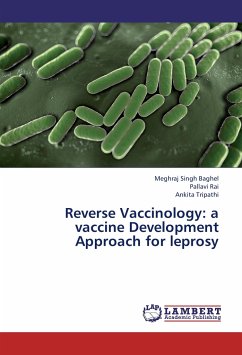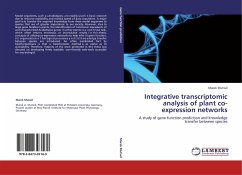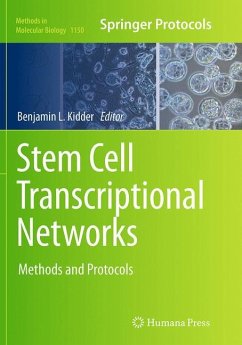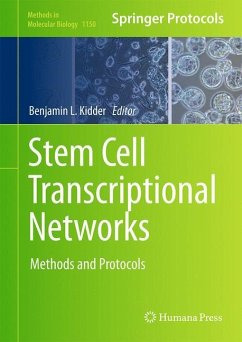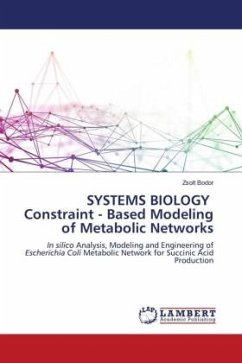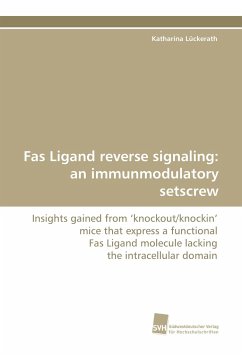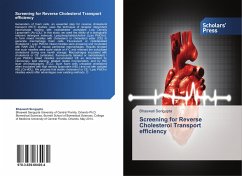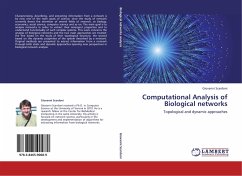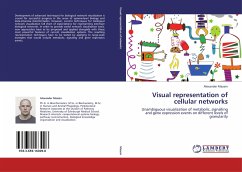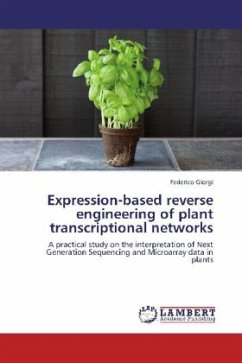
Expression-based reverse engineering of plant transcriptional networks
A practical study on the interpretation of Next Generation Sequencing and Microarray data in plants
Versandkostenfrei!
Versandfertig in 6-10 Tagen
39,99 €
inkl. MwSt.

PAYBACK Punkte
20 °P sammeln!
Regulation of gene transcription plays a major role in mediating cellular responses and physiological behavior in all known organisms. The finding that similar genes are often regulated in a similar manner (co-regulated or "co-expressed") has directed several "guilt-by-association" approaches in order to reverse-engineer the cellular transcriptional networks using gene expression data as a compass. This kind of studies has been considerably assisted in the recent years by the development of high-throughput transcript measurement platforms, specifically gene microarrays and next-generation sequ...
Regulation of gene transcription plays a major role in mediating cellular responses and physiological behavior in all known organisms. The finding that similar genes are often regulated in a similar manner (co-regulated or "co-expressed") has directed several "guilt-by-association" approaches in order to reverse-engineer the cellular transcriptional networks using gene expression data as a compass. This kind of studies has been considerably assisted in the recent years by the development of high-throughput transcript measurement platforms, specifically gene microarrays and next-generation sequencing. In this work, several approaches are described for improving the extraction and interpretation of the information contained in plant transcriptional data, obtained from microarrays or through next generation sequencing. Applications of these theoretical approaches, ranging from Pearson correlation to LASSO and hybrid methods, are described for the reverse engineering of tuber growth transcriptional networks, for the prediction of essential genes and in the task of defining the full transcriptome of the extremophile plant Thellungiella salsuginea.



